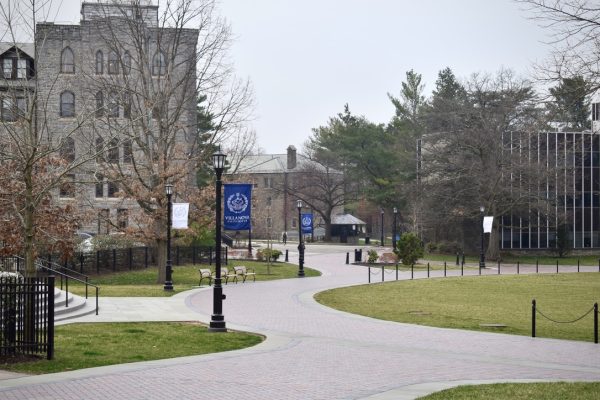Posts of solidarity have good intentions, but fall short
November 19, 2015
Recent events at the University of Missouri are only a part of the many different acts of violence and bigotry that have taken place in the world over the past few days, the past few weeks, the past few months. There will be competing opinions–there always are. My opinion is not a political one, but a personal one. My opinion is simply my response to what has been taking place in the world.
The most recent events that have taken place in Paris, Beirut, Baghdad, Charleston, South Carolina and The University of Missouri have continued to plague the world with unnecessary violence
There are two common themes to all of these situations: hatred and ignorance. No one is born a bigot, a racist or a murderer. Violence is born from hatred, and hatred grows from ignorance. This hatred is taught, passed through generations by people too afraid to learn about people different from themselves. These situations point out the loss of the very things that make us human–the ability to feel compassion, to learn, to love, to grow. Hate breeds only more hate. Love, in turn, breeds more love. Love creates a more accepting, more compassionate, more genuine society.
I want to focus on how we as a society have been responding to such acts via social media. For example you or many of your friends on Facebook have probably added the French flag filter to your profile photo as a sign of solidarity. In the case of Mizzou we often see posts like the ones below:
“To the black students at Mizzou, we the black students at _____, stand in solidarity with you. To those who threaten their existence and sense of safety, we are watching.”
“To the students of color at Mizzou, we the students of color at _____, stand with you in full and total solidarity. To those who would threaten your sense of safety, we are watching.”
I include both styles of postings here for a reason. The first is very explicit about who it is in support of, that being black students at Mizzou. The second instead says students of color rather than black students. I point out this difference for a specific reason. Although it does not seem like a very big difference and the sentiment is the same, I along with some others I have seen on social media think that this little difference is actually a lot more significant than we think.
Words can be very powerful, and how one uses words can simply change the significance of a post. I have seen some Facebook posts about how using the words “students of color” instead of “black students” is taking away from the true events that took place at Mizzou. There are arguments out there that claim that the spotlight is being taken away from the true victims on Mizzou’s campus. According to some of these posts, black students are the real victims and that should not be forgotten or bundled into the larger group of colored students.
In my opinion, these posts of solidarity are both made in good intent but could improve. I believe that when posting about solidarity we must not forget the victims to such acts of violence. I believe that we should also show solidarity for other groups outside of our own. With this in mind, I would slightly alter both of these posts in way that not only focuses on the victims, but also shows solidarity across all different groups. At the end of the day it boils down to us all being human.
The post I believe is more fitting is: “To the black students at Mizzou, we the students at _____, stand in solidarity with you. To those who threaten their existence and sense of safety, we are watching.”
I personally find this post more fitting, because like I said before, we are all human. The only way we will overcome the few who terrorize our world is through love and solidarity across all persons no matter the race, religion, ethnicity, economic status or any other way we as a society tend to separate ourselves. I believe that we must stop placing ourselves into these different categories and only supporting those who fall into “our group.” I am a strong believer in partnership. Partnership, for me is the strongest weapon we have against the hatred and misguidance we see troubling our world everyday.
With this in mind I will end by saying our prayers go to everyone in the world who have felt the aftershocks of this hatred. To those who have lost loved ones, we grieve with you, and we grieve for you. To those who have felt marginalized, we fight with you to create a more open and welcoming society. It is the very least that we, as people, as humans can do.







